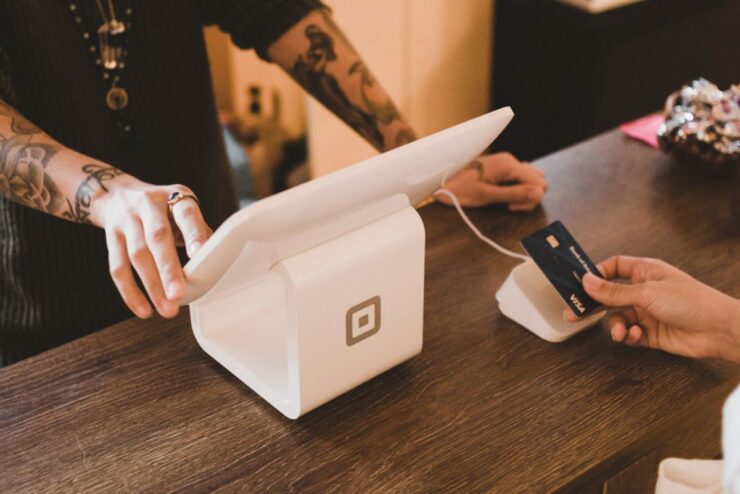A credit card statement contains plenty of helpful information about how you’ve used your credit card for a billing period. Therefore, it worth sitting down and examining your credit card statement. Spending a few moments checking your credit card statement can quickly reveal several things that can have a massive impact on your financial life. Here are few things to look at on your credit card statement.
Verify Credits And Charges
Checking your account summary to verify all purchases and charges on your statement is the first thing you need to do. To avoid being a victim of identity theft or fraud, you need to double-check these purchases and charges. For instance, if you visit a bar and pay $10 for a drink, you should see that amount on your credit card statement. If you see a double $10 charge from the bar, you need to call the bar or dispute one of the charges. This will help you identify where you spend your hard-earned money and cut back on specific areas of your spending to pay off debt or save if you wish to do so.
Know Your APR
APR is referred to as the annual percentage rate. It shows the total cost of borrowing, including fees and interest. If you’re unable to pay off your card in full every month, and your credit card company doesn’t offer a grace period, you need to know the interest you’re being charged. You will see the rate you’re being charged if you check your card statement every month. Knowing this rate will help you understand how much you’re paying in interest so that you can make any required changes.
Check Fees And Interest
A finance charge is the fees and interest that you are charged for each month. The amount isn’t always the same each month. However, you won’t see finance charges applied to your credit card statement if you pay your card in full every month. Consider paying off your card in full every month to avoid high interest if you see finance charges on your statement.
Check What You Owe
 Make sure you know the amount you owe and your current payment due. The amount of money that you owe on your card statement is your current payment due. Try all your best to make more payments than the minimum each month. Ensure you make your payments on time so that you can avoid penalties and damage to your credit score in the future. Keep in mind that you can make several repayments throughout the month, which can help you clear your debt quicker.
Make sure you know the amount you owe and your current payment due. The amount of money that you owe on your card statement is your current payment due. Try all your best to make more payments than the minimum each month. Ensure you make your payments on time so that you can avoid penalties and damage to your credit score in the future. Keep in mind that you can make several repayments throughout the month, which can help you clear your debt quicker.
Check Your Credit Limit And Available Credit
Your credit limit is the total amount you must spend on your card before making purchases. In contrast, your available credit is the amount of money you have left to spend on your card. Make sure you don’t get close to your credit limit or exceed the limit. Your credit card company may decline a charge if you’re going over your limit or charge you an extra fee if you manage to exceed the limit. Exceeding your credit limit can hurt your credit score.
Check Auto-Payments You Want To Cancel
Many companies allow you to register for subscription-based services with monthly or annual fees charged on your card automatically when the last payment due. This is convenient if you’re paying for something you use regularly. But what can you do when you don’t need the service anymore, and the company still charges your card? Checking your statement every month can help you know payments made for a particular service you wish to cancel.
Check Applied Credits
Don’t expect credit to appear on your card statement when you return an item purchased with your credit card. It’s good to check your credit card statement and confirm that all credits you’re owed get into your account. If you don’t receive them in your account, contact the merchant with whom you made the return to confirm what’s holding back your money.
In Summary
Carefully going through your credit card statement every month could alert you to any signs of identity theft or fraud that could damage your credit scores and affect your financial life. If you need help understanding your credit card statement, you need to speak with a certified credit counselor.
Remember to be careful when using your card so that you can establish a good credit history. This will help you get favorable terms for personal finance products like loans and mortgages.






